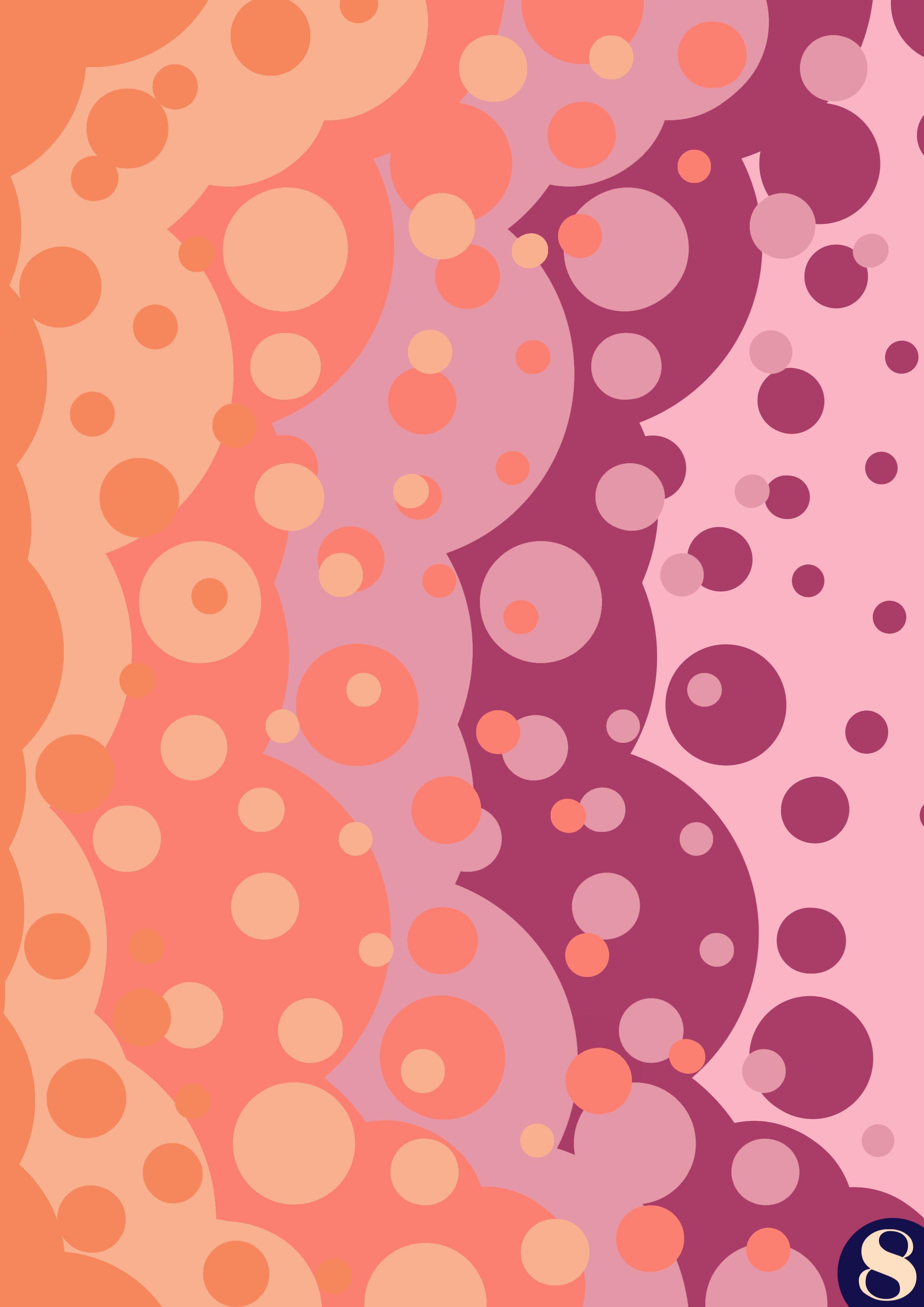ROMEO and and JULIAN By Gilles Cooke
It is a curiosity, the nature of LGBT film. In particular, what they focus on, and the themes they often choose to explore. While I was thankfully able to continue working over the summer after the first phase of the lockdown had been rolled back, there remained a not-inconsiderable chasm in my schedule, which to my eternal shame was not entirely consumed by attempting to develop useful and marketable skills. To put it another way, I watched a load of LGBT films. And I found a trend in some of the recurring plot threads across the films either centring or featuring LGBT characters; angst and uncertainty at the possibility friends and family finding out, either an incredibly uncomfortable moment of “coming out”, or an outing that is done by a third party as a means to blackmail or ostracise, experience of mocking and abuse from the community around them, and a general emphasising of the unpleasantness and pain that comes with many LGBT experiences.
“happy,” non-hetero ending where the leads did not end the story with trauma (Breakfast on Pluto). But Breakfast on Pluto doesn’t get remembered. What were the other ones? Capote and Brokeback Mountain. Of course, media that examines injustice is not without need, and films that attempt to tackle specific issues and challenges that LGBT people face are not invalid. Pride, in spite of featuring extensive displays of homophobia, is one of my favourite films. Films that shock, films that can put into cinematic language some uncomfortable truths in a more hard hitting and accessible way are as important as any body of textual theory bound in leather and canvas, but if consumable, sweet love stories were of no value, then they would never have been made in the first place.
So why does this matter? Ultimately, there is no way around the fact that life deals us all a great deal of awful hands, and certainly there ought not be any shortage of documentation of this fact, however consider the separation beBrokeback Mountain, First Girl I Loved, Boys tween “regular” cinema and “LGBT” cinema. Don’t Cry, Philadelphia, Dallas Buyers Club, Until extremely recently, the latter was a genre Handsome Devil, Normal (2003), 3 Generations, unto itself, with less of a breadth of scope. You They/Them and, perhaps the original piece to could have a gay film, or one that had a distinct address this theme, the German film Different genre that you could settle into with unique from the Others, all take their time to relitigate characters you could relate to. and ruminate on these negative elements of the LGBT experience of being outsiders, of be- While it is argued that we do not need this more ing targets, and of being the subjects of abuse. casual fare, I disagree. So much of modern adult In 2005 alone, I noted three distinct LGBT ti- media likes to pretend hopelessness and pessitles that got a major release, a high amount for mism and cynicism are inherently profound, what remains a distinct category, and yet only rather than the same depressing nonsense that one of them had what we might think of as a you can find self-righteous nihilist spouting on










